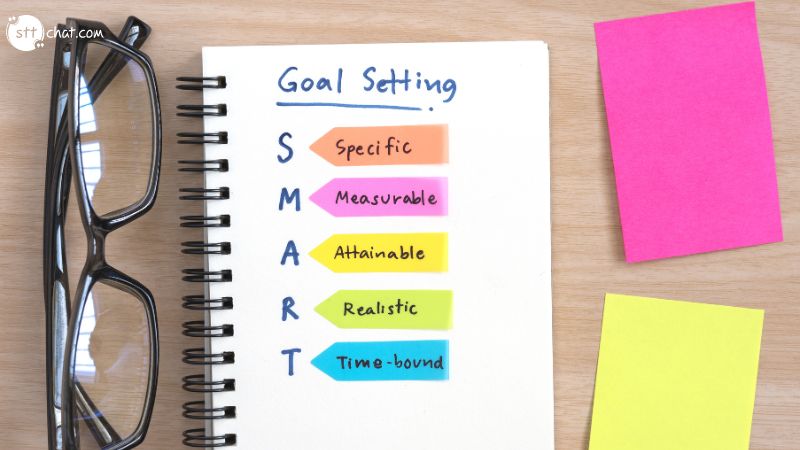Jim Rohn, a renowned entrepreneur, motivational speaker, and author, is celebrated for his profound insights on personal development and success. One of his most impactful quotes, “Either you run the day or the day runs you,” encapsulates a crucial principle of effective time management and self-discipline. This blog explores the meaning of this quote, its implications for personal and professional growth, and practical strategies for taking control of our days.
1. Understanding the Quote
Jim Rohn’s quote emphasizes a fundamental choice we all face: the decision to either control our daily actions and priorities or to let external forces dictate how we spend our time. At its core, the quote reflects a dichotomy between proactive and reactive approaches to life.
Running the Day: To “run the day” means to proactively manage and direct our activities. It involves setting goals, planning, and taking deliberate actions that align with our objectives and values. When we run the day, we are in control of our time and energy, making conscious decisions about how we spend them.
- The Day Running You: Conversely, when the day runs us, we become passive recipients of external circumstances. This often results from a lack of planning, allowing distractions, and failing to set clear priorities. In this reactive state, we may feel overwhelmed, scattered, or out of control, as our time and actions are determined by external pressures rather than our own choices.

When we run the day, we are in control of our time and energy, making conscious decisions about how we spend them. Source: Internet
2. The Importance of Proactive Time Management
Effective time management is crucial for achieving personal and professional success. Rohn’s quote underscores the importance of taking an active role in managing our time and priorities. Here are some key benefits of a proactive approach:
Achieving Goals: By running the day, we create a structured plan that helps us move closer to our goals. Setting daily objectives and prioritizing tasks ensures that we make consistent progress and avoid procrastination.
Reducing Stress: When we control our schedule, we are less likely to be overwhelmed by unexpected demands and deadlines. Proactive planning allows us to anticipate challenges and address them in advance, reducing stress and increasing our ability to handle complex situations.
Enhancing Productivity: Proactive time management fosters greater efficiency and productivity. By focusing on high-priority tasks and minimizing distractions, we maximize our output and achieve better results.
3. Practical Strategies for Running the Day
To effectively run the day, we need to adopt practical strategies that enhance our ability to plan, prioritize, and execute tasks. Here are some actionable steps:
- Set Clear Goals: Define what you want to achieve both in the short term and long term. Break these goals into smaller, manageable tasks that you can tackle daily. Setting clear objectives helps you stay focused and motivated.
- Create a Daily Plan: Develop a daily schedule that outlines your tasks, meetings, and activities. Use tools such as planners, to-do lists, or digital calendars to organize your time and track your progress. Prioritize your tasks based on their importance and deadlines.
- Establish Routines: Establishing daily routines helps create structure and consistency. Routines can improve efficiency by automating repetitive tasks and reducing decision fatigue. Incorporate habits that support your goals, such as exercise, reading, or meditation.
- Avoid Distractions: Identify and minimize sources of distraction that can derail your productivity. This might involve setting boundaries with colleagues, managing digital notifications, or creating a dedicated workspace.
- Review and Reflect: At the end of each day, review what you’ve accomplished and assess how well you managed your time. Reflect on any challenges or obstacles and adjust your strategies as needed to improve your effectiveness.

4. Overcoming Common Challenges
Running the day effectively requires overcoming several common challenges:
- Procrastination: Procrastination can prevent you from taking control of your time. Combat this by breaking tasks into smaller steps, setting deadlines, and using techniques such as the Pomodoro Technique to maintain focus.
- Overcommitment: Taking on too many responsibilities can lead to burnout and inefficiency. Learn to say no when necessary and delegate tasks to others if possible. Focus on what truly matters and aligns with your goals.
- Lack of Motivation: Motivation can fluctuate, making it difficult to stay on track. To maintain motivation, remind yourself of your goals and the reasons behind them. Celebrate small achievements and use positive reinforcement to keep yourself engaged.
Conclusion
Jim Rohn’s quote, “Either you run the day or the day runs you,” serves as a powerful reminder of the importance of proactive time management and self-discipline. By taking control of our daily actions and decisions, we can achieve our goals, reduce stress, and enhance our productivity. Implementing practical strategies for planning, prioritizing, and overcoming challenges empowers us to navigate our days with purpose and effectiveness. Embracing this proactive mindset not only leads to personal and professional success but also fosters a greater sense of fulfillment and control in our lives.






